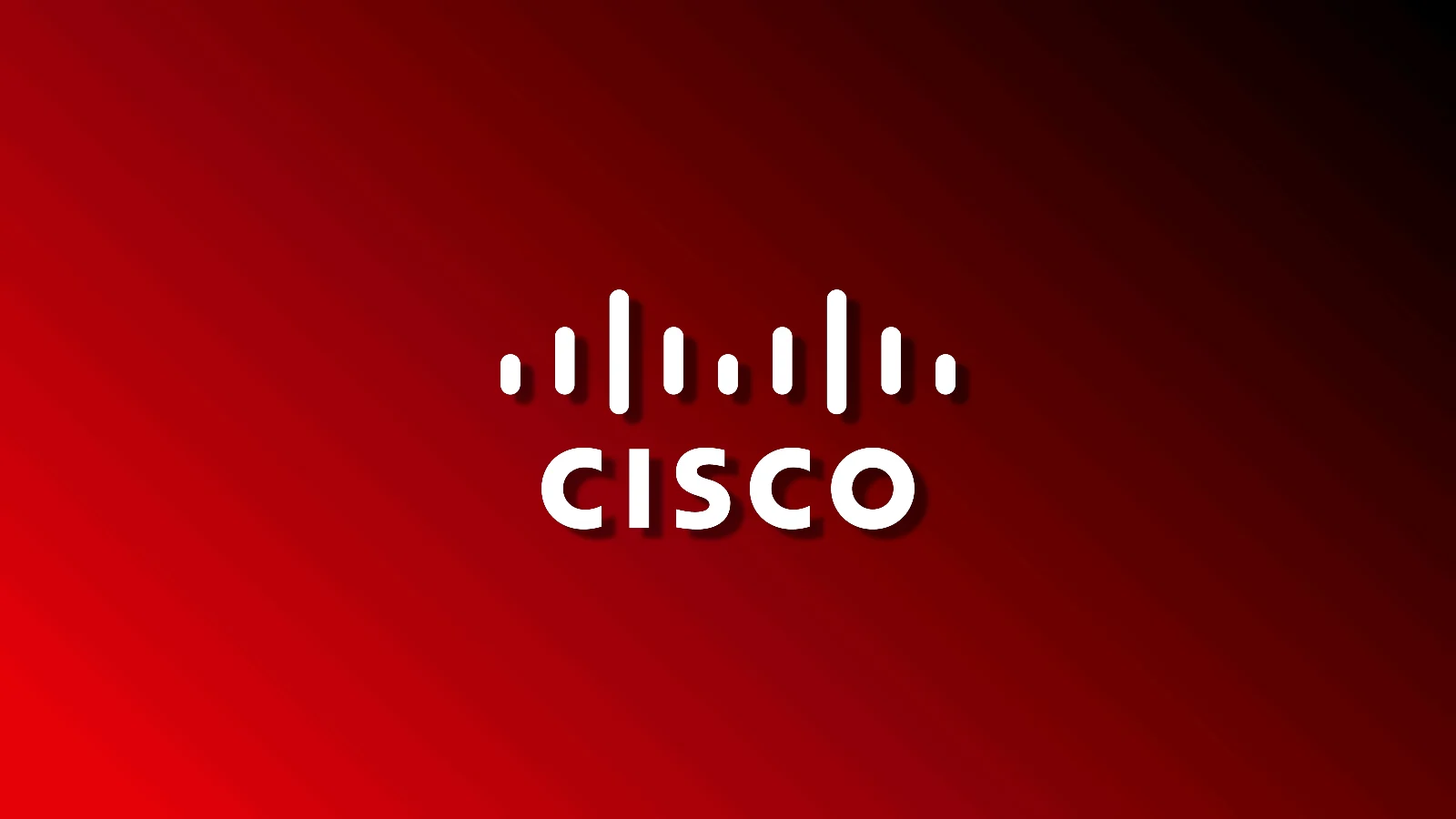Cisco, a global leader in IT, networking, and cybersecurity solutions, has issued a stern warning about a critical remote code execution (RCE) flaw present in several of its key communications products. This vulnerability poses a significant threat to the security and integrity of affected systems, potentially allowing unauthenticated, remote attackers to execute arbitrary code on these devices.
Key Highlights:
- Cisco has identified a critical remote code execution (RCE) vulnerability, CVE-2024-20253, in several of its Unified Communications Manager and Contact Center Solutions products.
- The vulnerability, discovered by researcher Julien Egloff, has a high severity rating of 9.9 out of 10.
- Affected products include multiple versions of Packaged Contact Center Enterprise, Unified Communications Manager, and other related services.
- Cisco has released security updates for all affected products and strongly advises applying these updates immediately.
- In cases where immediate updating is not feasible, Cisco recommends implementing Access Control Lists (ACLs) as a mitigation strategy.

Understanding the Vulnerability
The vulnerability, cataloged as CVE-2024-20253, was discovered by Synacktiv researcher Julien Egloff and has received a critical severity rating of 9.9 out of 10. The flaw results from improper handling of user-provided data when read into memory. An attacker can exploit this vulnerability by sending a specially crafted message to a listening port, potentially gaining the ability to execute arbitrary commands with elevated privileges and establish root access. This vulnerability’s impact is widespread, affecting a range of Cisco products in their default configurations, including various versions of Packaged Contact Center Enterprise (PCCE), Unified Communications Manager (UCM), and other related services.
Impacted Cisco Products
The specific Cisco products impacted by CVE-2024-20253 include:
- PCCE versions 12.0 and earlier, 12.5(1), and 12.5(2)
- UCM versions 11.5, 12.5(1), and 14
- Unity Connection versions 11.5(1), 12.5(1), and 14
- Virtualized Voice Browser versions 12.0 and earlier, 12.5(1), and 12.5(2)
Cisco’s Response and Recommendations
Cisco has promptly released security updates for all affected products, with no known workarounds for this issue. The tech giant urges all customers to update their systems to these patched versions as soon as possible to mitigate the risks associated with this vulnerability.
For environments where immediate patching is not feasible, Cisco recommends implementing Access Control Lists (ACLs) on intermediary devices. These ACLs should be configured to allow access only to the ports of deployed services, effectively limiting the traffic reaching the affected components. It is crucial for administrators to assess the suitability and impact of these mitigation measures in their specific environments and test them in a controlled setting to ensure they do not adversely affect business operations.
Mitigation and Best Practices
While the deployment of ACLs is a recommended stop-gap measure, it is not a substitute for applying the security patches provided by Cisco. System administrators are advised to prioritize these updates to ensure maximum protection. Furthermore, it is essential for administrators to continuously monitor their networks for any unusual activity and to maintain regular data backups as a precaution against potential breaches.
This critical RCE flaw in Cisco’s communications software highlights the need for continuous vigilance and prompt action in cybersecurity. Organizations using affected Cisco products should take immediate steps to apply the available security updates or implement recommended mitigation strategies to safeguard their networks against potential exploits.


















